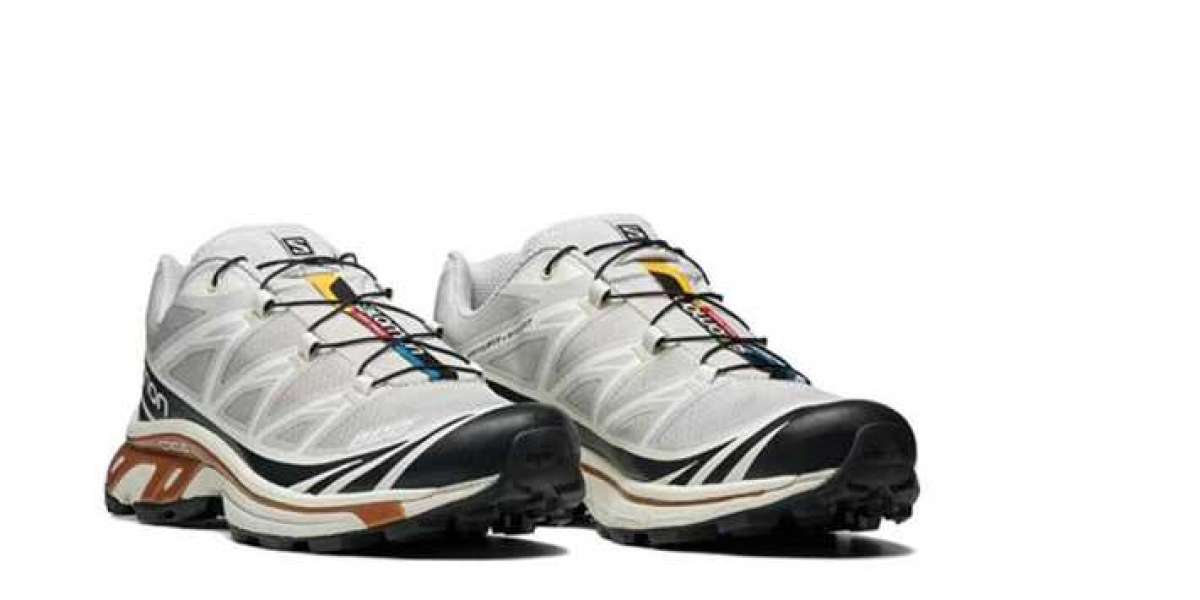Mini electric bikes, also known as e-bikes, have been gaining popularity in recent years as a convenient and eco-friendly mode of transportation for urban commuters. These compact and efficient vehicles offer a range of benefits that make them an ideal choice for navigating city streets. In this article, we will explore the reasons behind the surge in popularity of mini electric bikes and why they are well-suited for urban commuting.

Convenience and Portability
One of the key advantages of mini electric bikes is their compact size and lightweight design. Unlike traditional bicycles or scooters, mini e-bikes are easy to maneuver in crowded urban environments and can be conveniently stored in small spaces. This level of portability makes them an attractive option for commuters who need to navigate through traffic and park in limited spaces.
Furthermore, the compact nature of mini electric bikes also makes them easy to carry onto public transportation, allowing commuters to seamlessly transition between cycling and taking the bus or train. This level of convenience is a major selling point for urban dwellers who rely on multiple modes of transportation to reach their destinations.
Efficiency and Speed
Mini electric bikes are equipped with electric motors that provide an extra boost of power, allowing riders to travel at higher speeds with minimal effort. This makes them an efficient and time-saving option for urban commuting, especially for those who need to cover longer distances within a limited time frame.
Additionally, the electric assistance provided by mini e-bikes enables riders to tackle inclines and hills with ease, eliminating the need to exert excessive physical effort. This level of efficiency and speed is particularly beneficial for commuters who need to navigate hilly urban landscapes without breaking a sweat.
Sustainability and Environmental Impact
As the world continues to prioritize sustainability and environmental conservation, mini electric bikes have emerged as a greener alternative to traditional gas-powered vehicles. By opting for an e-bike, urban commuters can significantly reduce their carbon footprint and contribute to cleaner air in densely populated cities.
Furthermore, the use of electric power for mini e-bikes minimizes noise pollution, creating a quieter and more peaceful urban environment. This sustainable approach to commuting aligns with the global push towards eco-friendly transportation solutions and encourages individuals to make environmentally conscious choices in their daily lives.
Cost-Effectiveness and Affordability
Compared to owning and maintaining a car or motorcycle, mini electric bikes offer a cost-effective and affordable means of urban transportation. The initial investment in an e-bike is relatively lower, and the ongoing expenses related to charging and maintenance are significantly more economical than those associated with traditional vehicles.
Moreover, the use of mini e-bikes can help commuters save on fuel costs and parking fees, making them a financially savvy choice for individuals looking to minimize their transportation expenses. This level of affordability makes mini electric bikes an attractive option for urban dwellers seeking a budget-friendly and sustainable mode of commuting.
In conclusion, the rise of mini electric bikes as a popular choice for urban commuting can be attributed to their convenience, efficiency, sustainability, and affordability. As cities continue to evolve and prioritize alternative transportation solutions, mini e-bikes are poised to play a significant role in shaping the future of urban mobility. Whether it's for navigating through traffic, reducing environmental impact, or saving on transportation costs, mini electric bikes offer a compelling solution for modern urban commuters.



